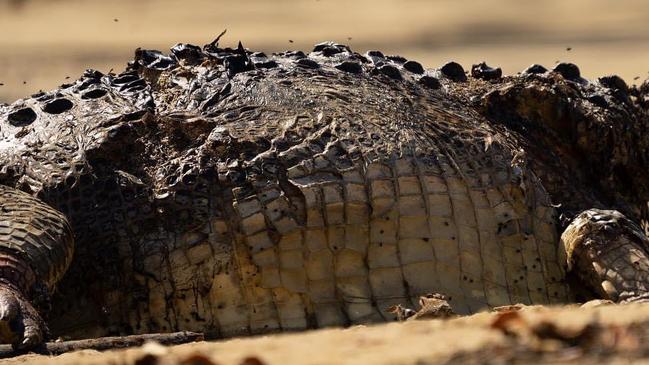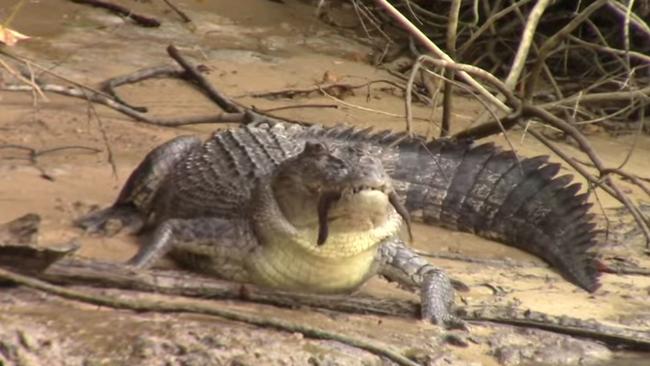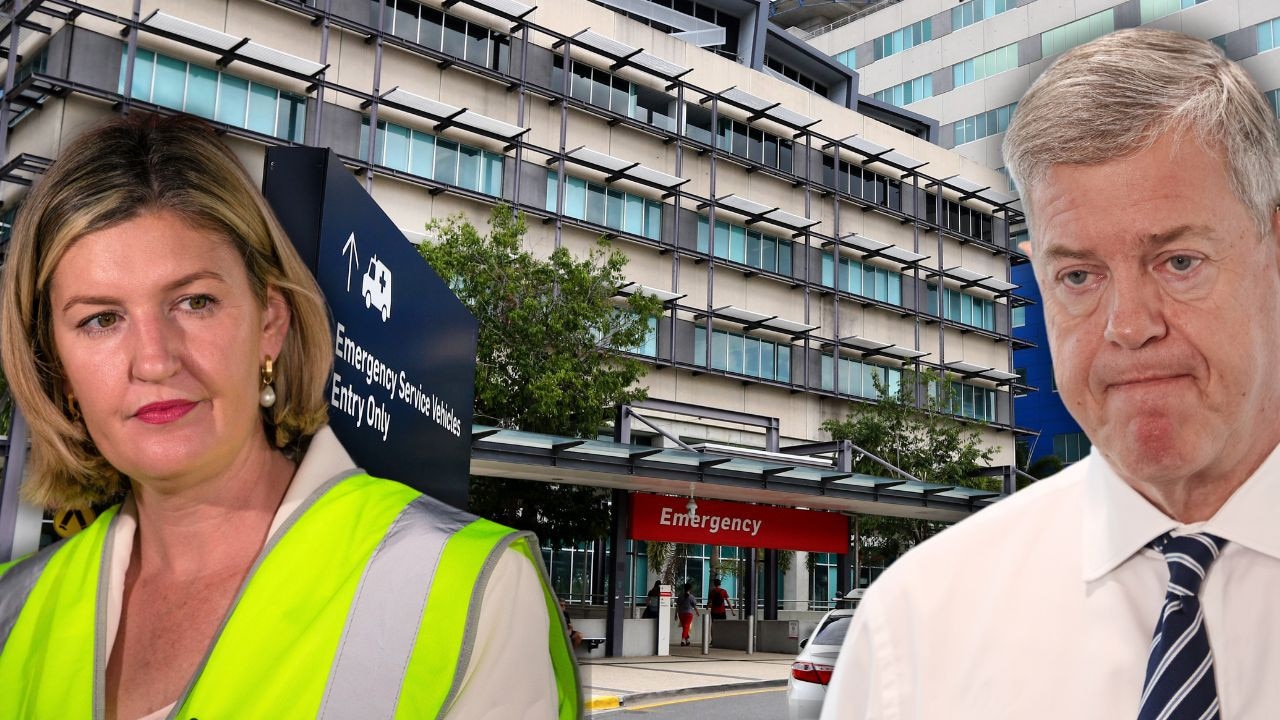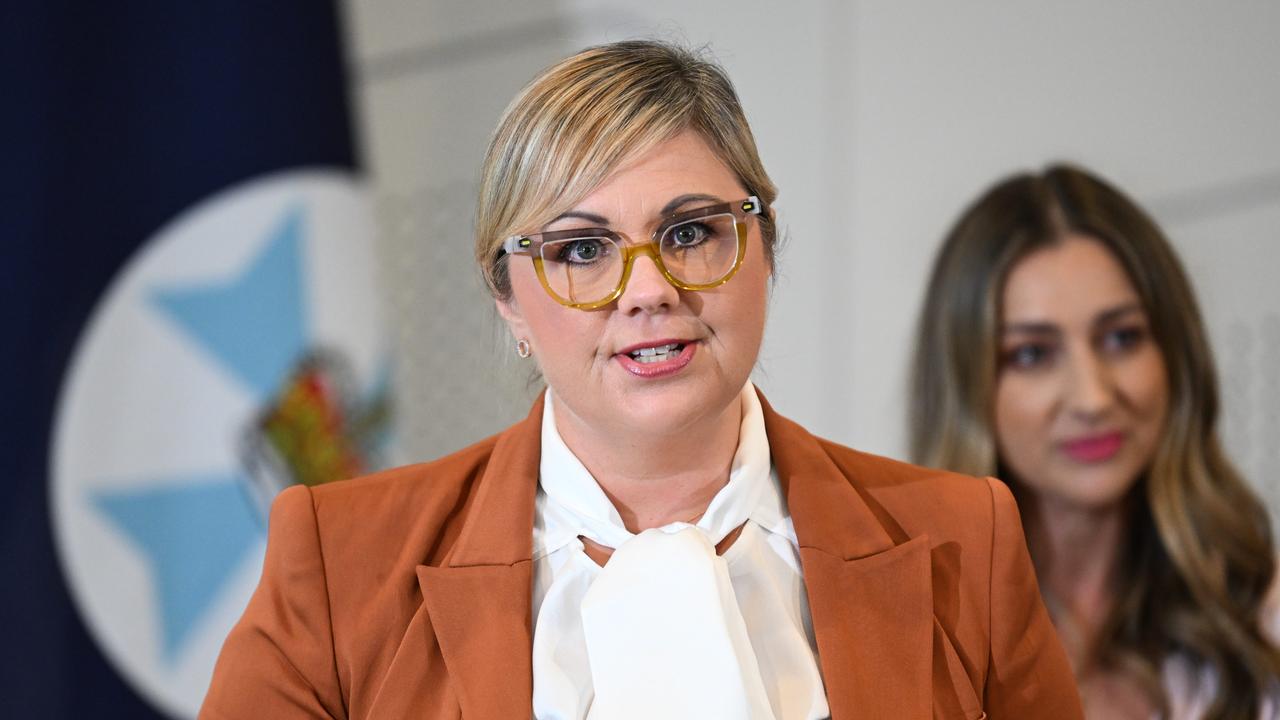Group offers $10,000 reward after crocodiles found decapitated
Crocodile conservationists have crowd funded $10,000 to offer as a reward for information leading to an arrest after two north Queensland crocodiles were killed.

QLD News
Don't miss out on the headlines from QLD News. Followed categories will be added to My News.
Crocodile conservationists have crowd funded $10,000 to offer as a reward for information leading to an arrest after two north Queensland crocodiles were killed.
Amid a spate of crocodile attacks in Far North Queensland, two of the reptiles were found killed last month, sparking a Department of Environment and Science probe.
A large male crocodile was found decapitated at Cow Bay and a female crocodile from the Daintree River, locally known as Lizzie, was also found beheaded.
A local tour operator reported receiving an anonymous phone call from a man who claimed to have killed both of the animals.
Co-Founder of the Community Representation of Crocodiles group Matt Cornish said there was as yet no result from any investigation.
“To date, over the past three to four weeks, we have not seen any investigation being conducted by the DES,” he said.

In seven days CROC raised $10,000 through GoFundMe to serve as a reward for the prosecution of those involved in the unlawful killings.
Mr Cornish said CROC was working with the Queensland Police Service and Crime Stoppers on having a formal reporting system.
“Hopefully this pushes the investigation a little bit harder,” he said.
“Lizzie has been admired and observed by tour groups for at least 25 years and she was a breeding female contributing genetic diversity to the health of that ecosystem.
“So she was an all-round asset to our, not only economy, but also our ecology.”
CROC was formed after wildlife officers shot and killed a crocodile that mauled a tourist’s leg and took his dog at Bloomfield in February.
In March Mr Cornish submitted an application to gain access to all information related to the Bloomfield incident within 28 days under the Right to Information Act.
“I’m yet to receive that information and it’s now been postponed to August 11,” he said.
Another three attacks took place in April, with one tragically taking the life of 65-year-old Kevin Darmody.
This triggered renewed calls from locals and the Katter Australia Party for crocodiles to be culled, claiming they now live in swimming holes, waterways and beaches that had previously been safe.
Mr Cornish said crocodile numbers had steadily increased, but that the genetic pool was shallow.



